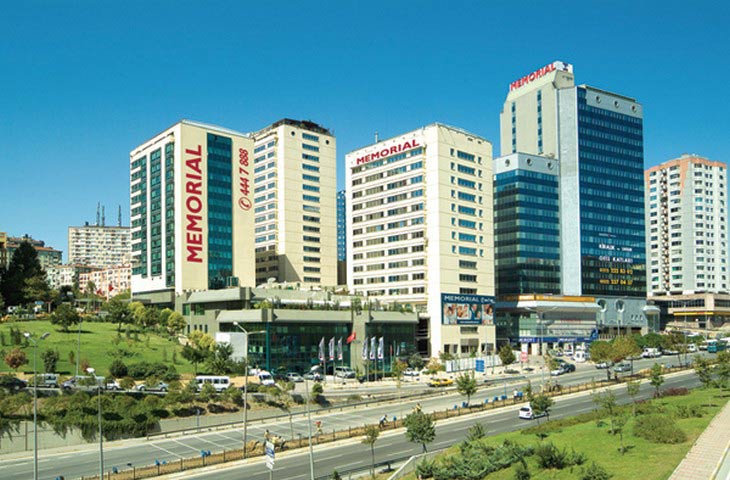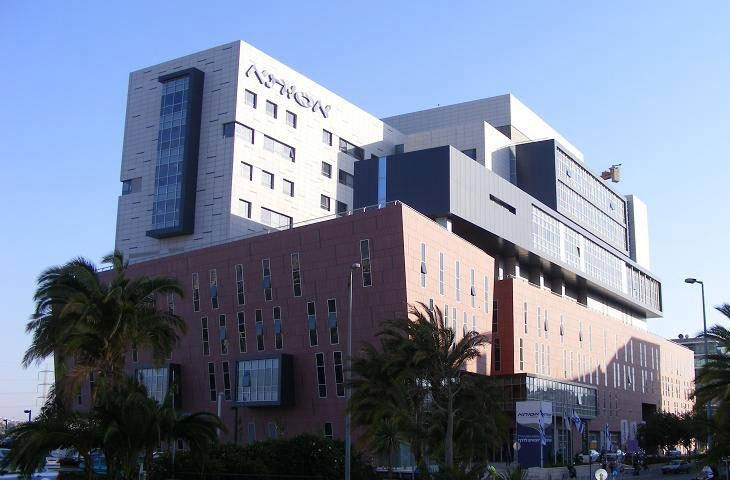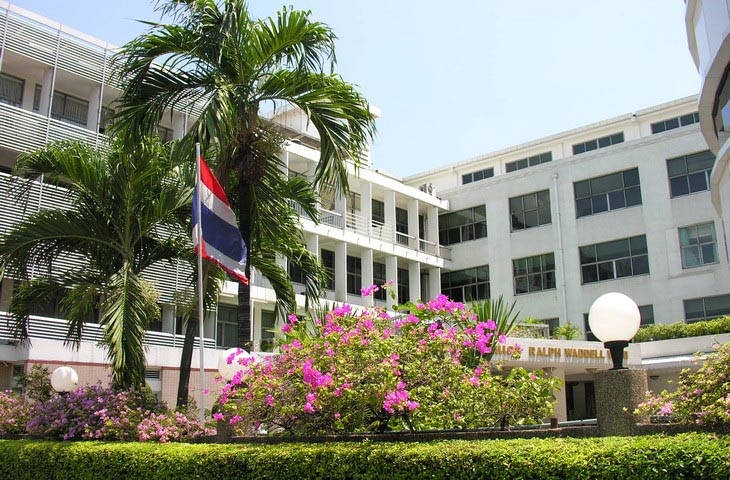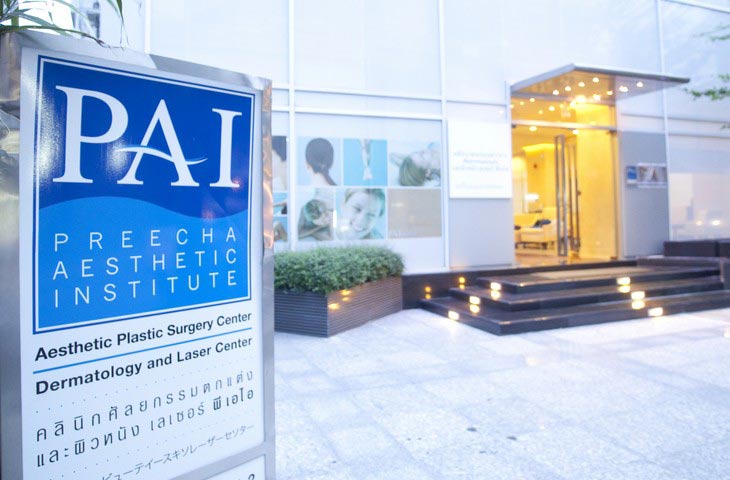Hair transplantation surgery abroad features laser, surgical, and medication treatment
In our minds, balding hairline usually triggers associations with aging and lack of health. To avoid this natural reaction of people that may eventually lead to social isolation, it can be a good idea to ask a hair specialist for help. In most cases, s/he will apply method during which active hair follicles are moved from healthy parts of the body to its balding area.
Hair restoration can be achieved through medication (most common drugs include Rogaine and Propecia), hair replacement techniques (micro-grafting, punch grafting, FUT, FUE), scalp reduction, and laser hair restoration. Hair restoration in Turkey, Czech Republic, and Hungary are believed to be key destinations in health travelers offering highly mentioned services.
Hair restoration in figures
According to the International Society of Hair Restoration Surgery, in 2012 there were 923,599 patients who referred to hospitals for hair transplantation. It is estimated that 100,000 hair transplant surgeries were performed in the US, 90,000 in Asia, 30,000 in Europe, and 20,000 in the Middle East.
5 questions to ask your hair specialist during your first appointment at an overseas clinic:
- What is your education/experience in hair transplantation?
- What type of anesthesia will you be using: general or local?
- How does the follow-up care look like?
- How long will the treatment last and how much will it cost?
- What are possible side effects of the treatment?
Medical travelers interested in hair transplantation also read about health check-ups, infertility treatment, and cancer care options in Latvia Rigvir treatment.






